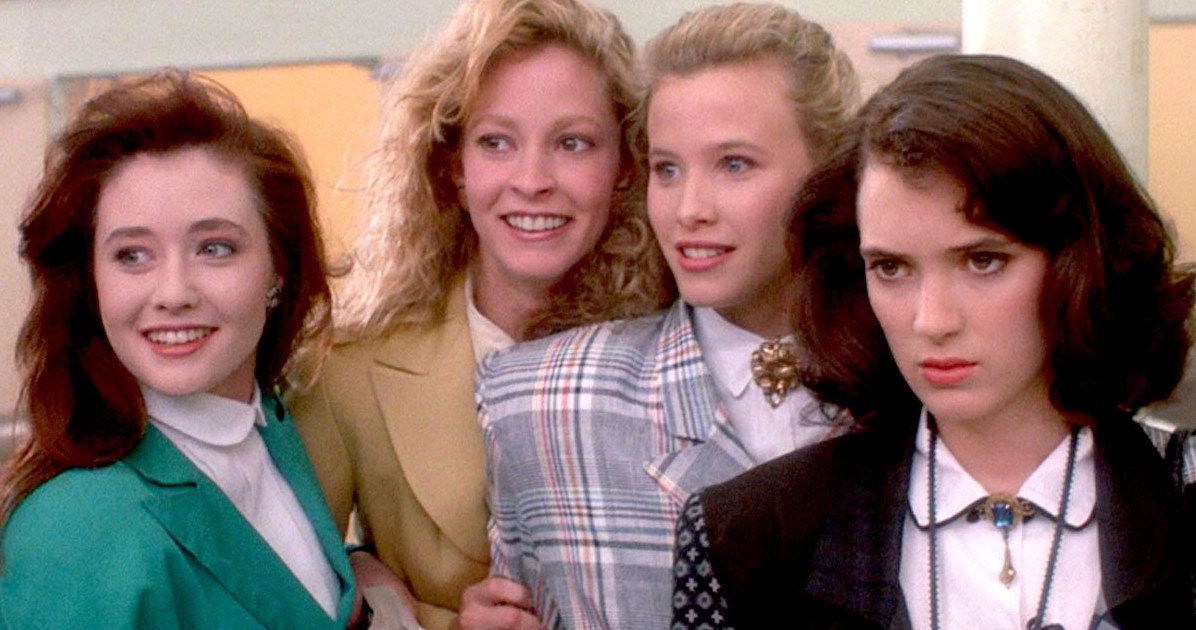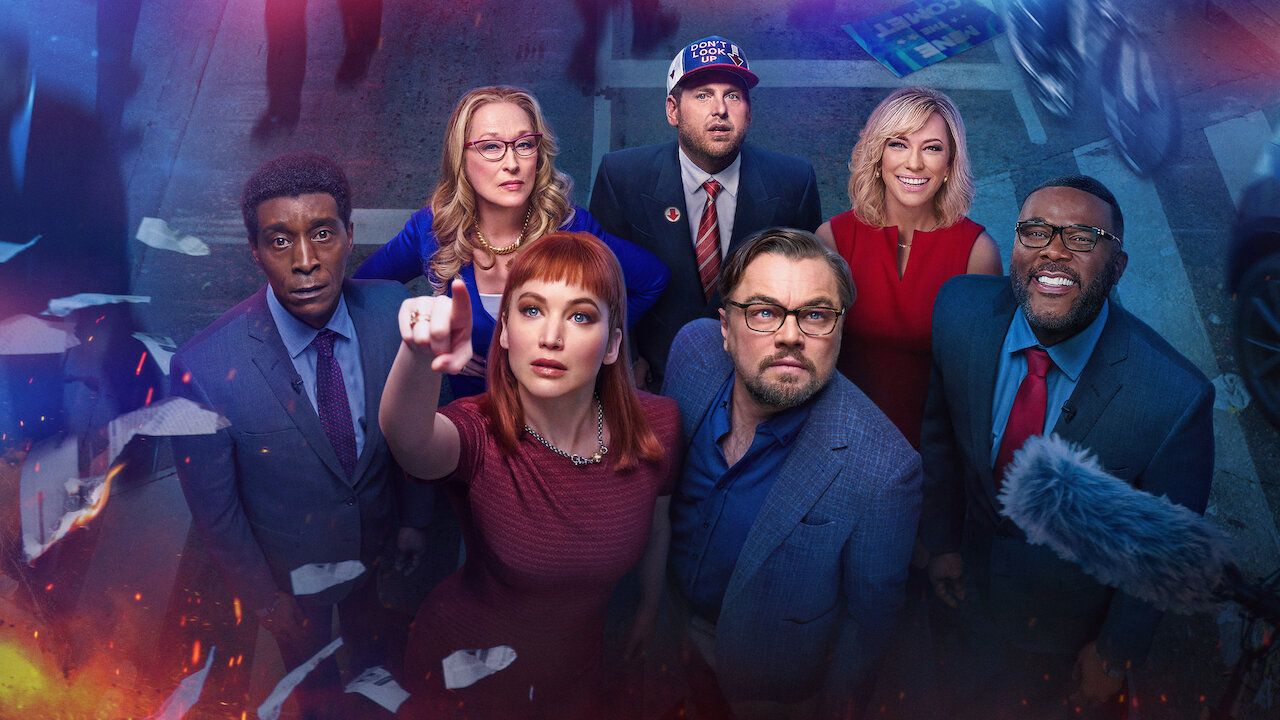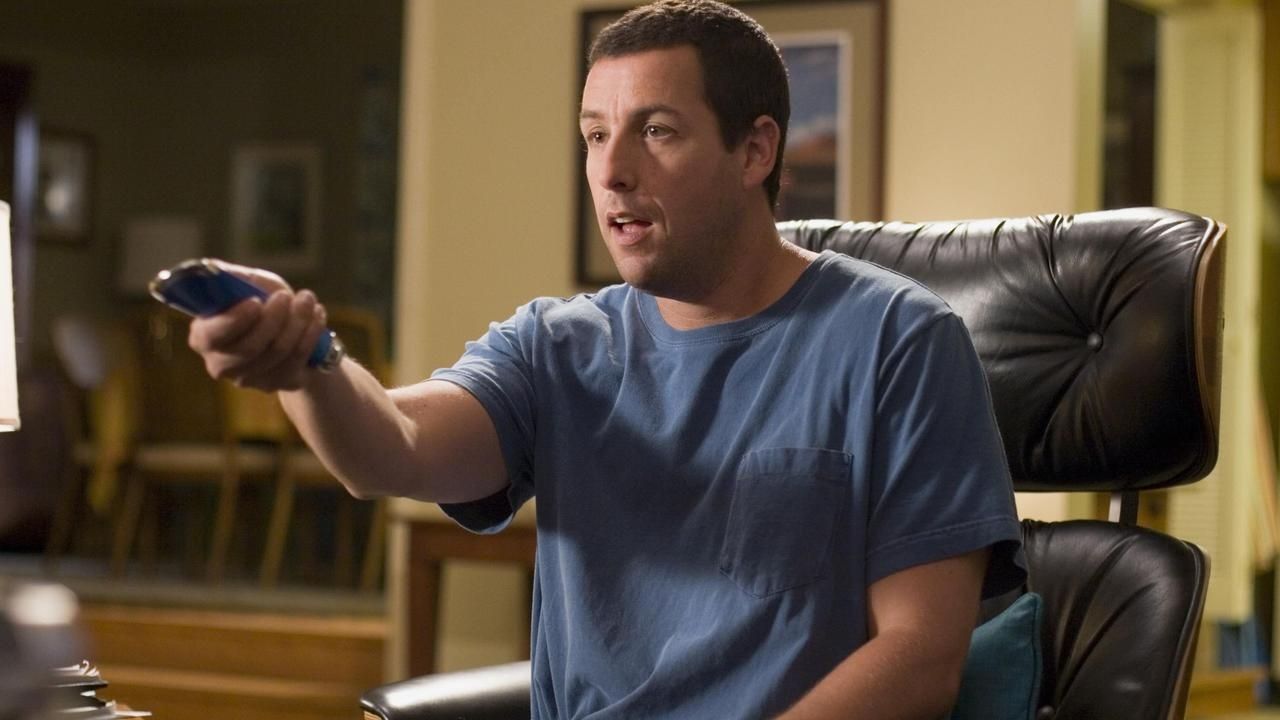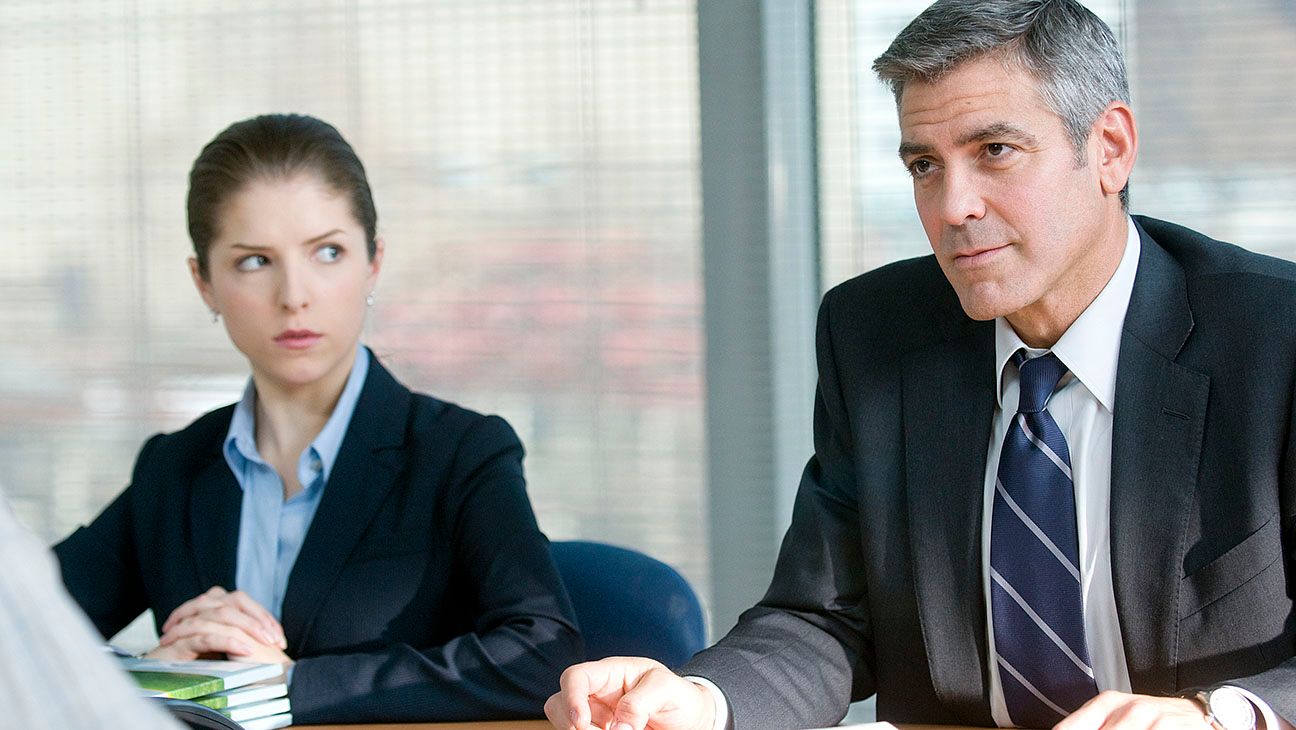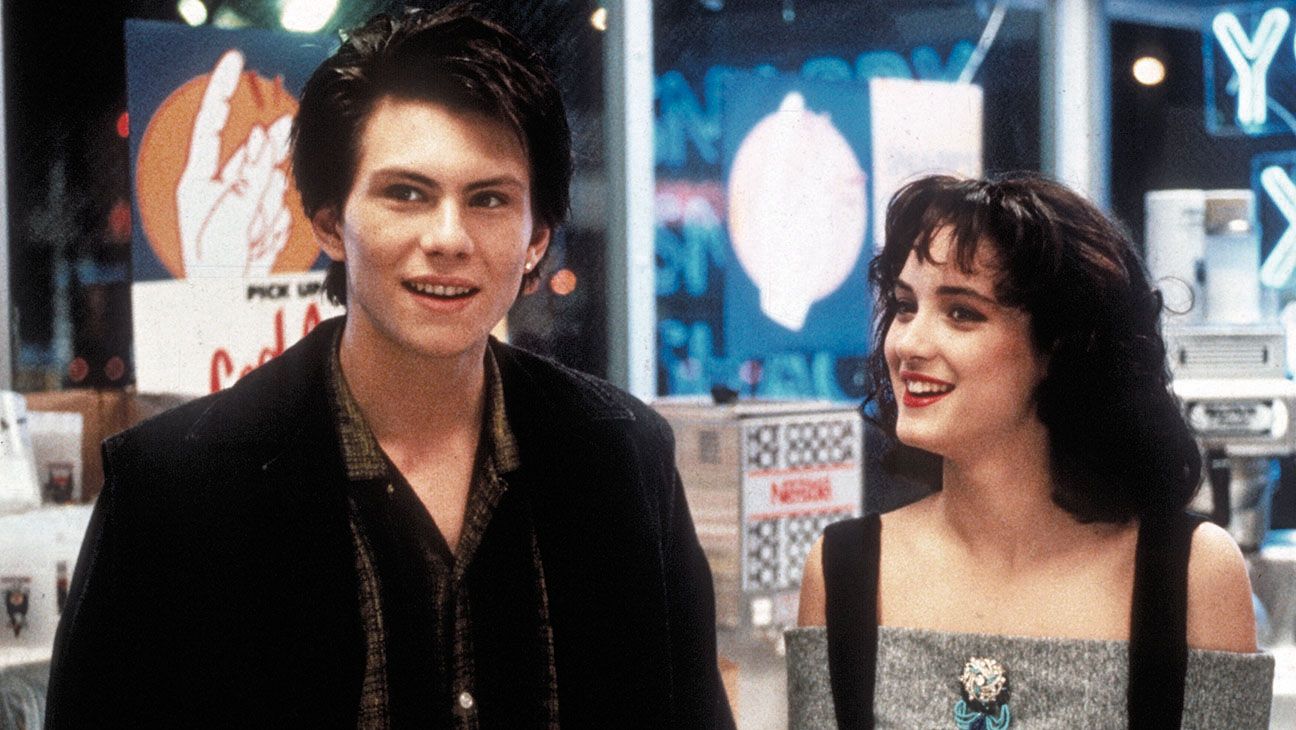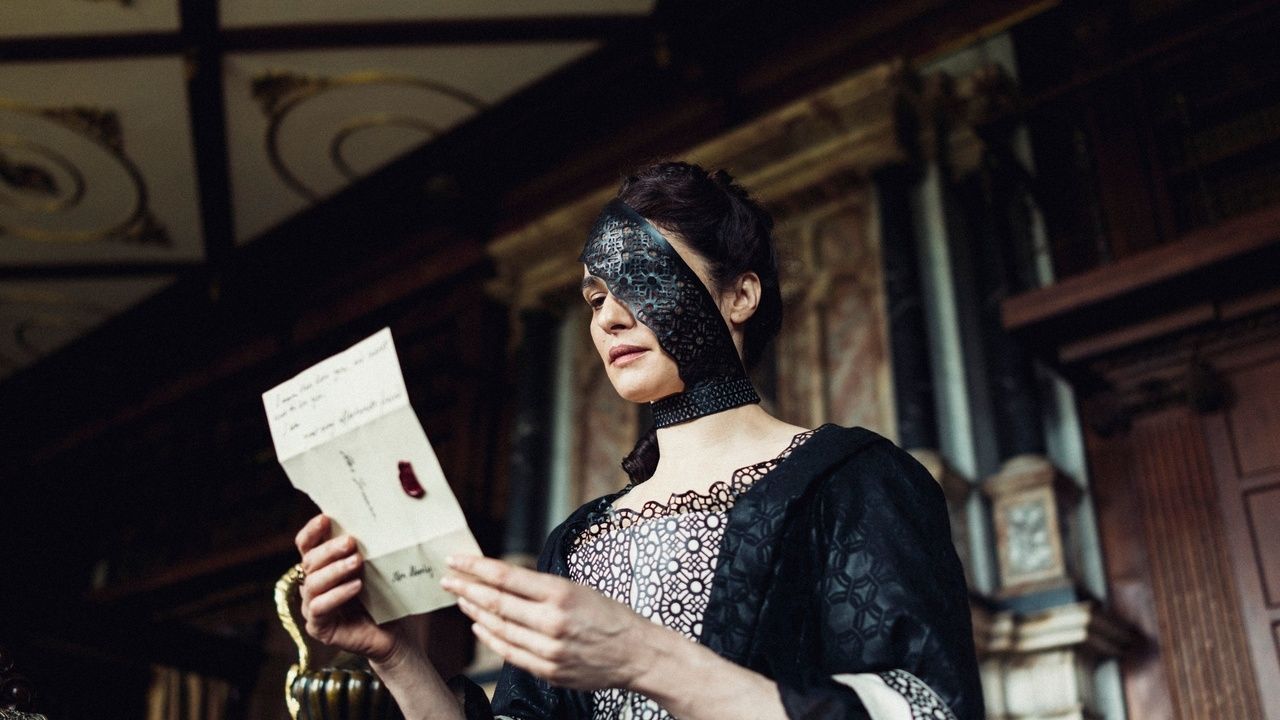They say that humor equals tragedy plus time, and some movies definitely take their time to let comedy marinate into something heavier and gloomier. Dark comedies are known for balancing joy and gloom, but even with this knowledge, sometimes one cannot help but feel a gut punch when the tone of a film (or television show) shifts from comedy to drama. This is particularly the case for films that were marketed or expected to be lighthearted. But this element of surprise can often make for galvanizing cinematic gems that explore the full range of human emotion. Movies with unexpectedly dark but comedic plots make us laugh and identify with characters at first, only to sweep the rug from under our feet to tell stories about tragic characters, sociopolitical or economic issues, and spiritual ailments of the human condition.
Here are five comedies that got way darker than expected:
5 Don't Look Up
Adam McKay's satire about global warming, government corruption and misinformation was marketed as a dark comedy from the start, but something about the persistent pessimism of this film makes it something even darker than initially expected. Don't Look Up tells the story of two scientists, played by Jennifer Lawrence and Leonardo DiCaprio, who discover that an asteroid is on its way to destroy Earth. In spite of their efforts to warn the president and public through cable news, their warnings fall on deaf ears. The film shows how different segments of society, from pop-stars to skaters, deal with the implications of the asteroid, and it predicts profit-driven decisions could destroy humanity. What starts as a simple allegory on climate change becomes a metaphor for the fundamental lack of agency that we have as individuals and for the fatal destiny awaiting humans if we cannot make solve the chaos we find ourselves in. Don't Look Up might be dark to begin with, but the implications of its narrative are even darker and more important than we could've anticipated.
4 Click
Adam Sandler is great at unexpected dark comedies. While the actor is known nowadays for his overly silly and under-intellectual comedies, Sandler has many gems in his filmography. Funny People, Big Daddy, Punch Drunk Love and even Uncut Gems have unexpected tragedies and climactic twists that leave us feeling devastated or in shock. But Frank Coraci's Click may be the best example of Sandler's ability to go from light to dark. He plays a hardworking family guy who is depressed because of his demanding boss, and he has little time to spend with his family. One day, he is given a mysterious remote control that allows him to pause, play and fast-forward moments of his life that he doesn't wish to live, but he goes overboard and misses key moments like his divorce and his father's passing. In a dark turn of events, Sandler's character ends up alone and depressed, the film imparting a lesson to not put work before family and love, and how even suffering is sometimes necessary. Newsweek claimed Click was predictable as a moral story but "unusually dark, occasionally touching and pretty funny" for a Sandler comedy. This Adam Sandler performance is darker than anything viewers expected, but this surprise seriousness also means the movie is more interesting than many of his other films.
3 Up In The Air
Canadian director Jason Reitman is known for acclaimed dramedies like Juno and Young Adult, both of which depicted characters with dark senses of humor and emotional distress. But nothing could've prepared us for how devastating his film Up in The Air would be. Starring George Clooney and Anna Kendrick as consultants for companies who are downsizing, Up In The Air comments on the unfettered capitalism that came after the 2008 crisis, showing how corporations care so little about employees that they would outsource their firing to third parties and even machines. But what makes this film unexpectedly dark is its depiction of the individual toll that the crisis had on workers. In a gut-wrenching scene where Clooney's and Kendrick's characters fire an employee, played masterfully by J.K. Simmons, we can see in detail how they are ruining his family and life. Yet, the movie becomes even darker towards the end when it is revealed that a laid-off worker has died by suicide, which makes Clooney's character doubt his philosophy and lifestyle. While the film ends on a somewhat positive note, its realism cannot help but make us feel depressed about the state of the world we live in.
2 Heathers
When audiences showed up to the theater in 1989 to watch Heathers, they probably expected another lighthearted, run-of-the-mill teen comedy, but they got a hilariously morbid one. Directed by Michael Lehmann (who is having some immense success right now for The Woman in the House Across the Street From the Girl in the Window), Heathers takes place at Westerburg High, where a clique of four teenage girls viciously rule the school, three of whom are named Heather. Winona Ryder portrays outlier Veronica, a member of the popular clique who takes issue with their cruel behavior. Her world gets turned upside with the arrival of the mysterious new kid J.D. (Christian Slater), who captures her attention and harbors secret dark intentions. Heathers is unlike most teen movies as it is populated by evil and cynical characters, depressing storylines and even murders. The film subverted all expectations of a genre known for being happy and upbeat, and it marked the beginning of a new trend of darker teen movies as seen in Jawbreakers and Mean Girls. The black comedy is regarded nowadays as one of the greatest coming-of-age films and dark comedies of all time, and USA Today argues that it has held up impressively well.
1 The Favourite
Yorgos Lanthimos' is great at making us feel unexpectedly gloomy. The Lobster, for example, is a depressing comedy that uses a dystopian premise to comment on modern dating and loneliness. But his 2019 feature The Favourite takes the (birthday) cake for its dark ending. Set in early 18th-century Great Britain, the film's plot examines the relationship between cousins Sarah Churchill, Duchess of Marlborough (Rachel Weisz) and Abigail Masham (Emma Stone), who are vying to be Court favorite of Queen Anne (Olivia Colman in an Oscar-winning role). While the film was certainly marketed as a dark comedy, the political intrigue depicted in it keeps getting darker, as it explores themes of violence, sexual manipulation and eating disorders. But what makes The Favourite into an unexpectedly dark comedy is the implication of its plot. At the end of the film, one of the two cousins may triumph, but a final montage that overlays her face with the Queen's bunnies reminds us that the struggle for power was futile. Life might be materially better for the winner, but in the process, she has given up her freedom and spirit. Like an overfed, caged rabbit, The Favourite reminds us that blind ambition and the pursuit of power will not make us fulfilled, and the comedy leaves audiences in a decidedly grim mood.

